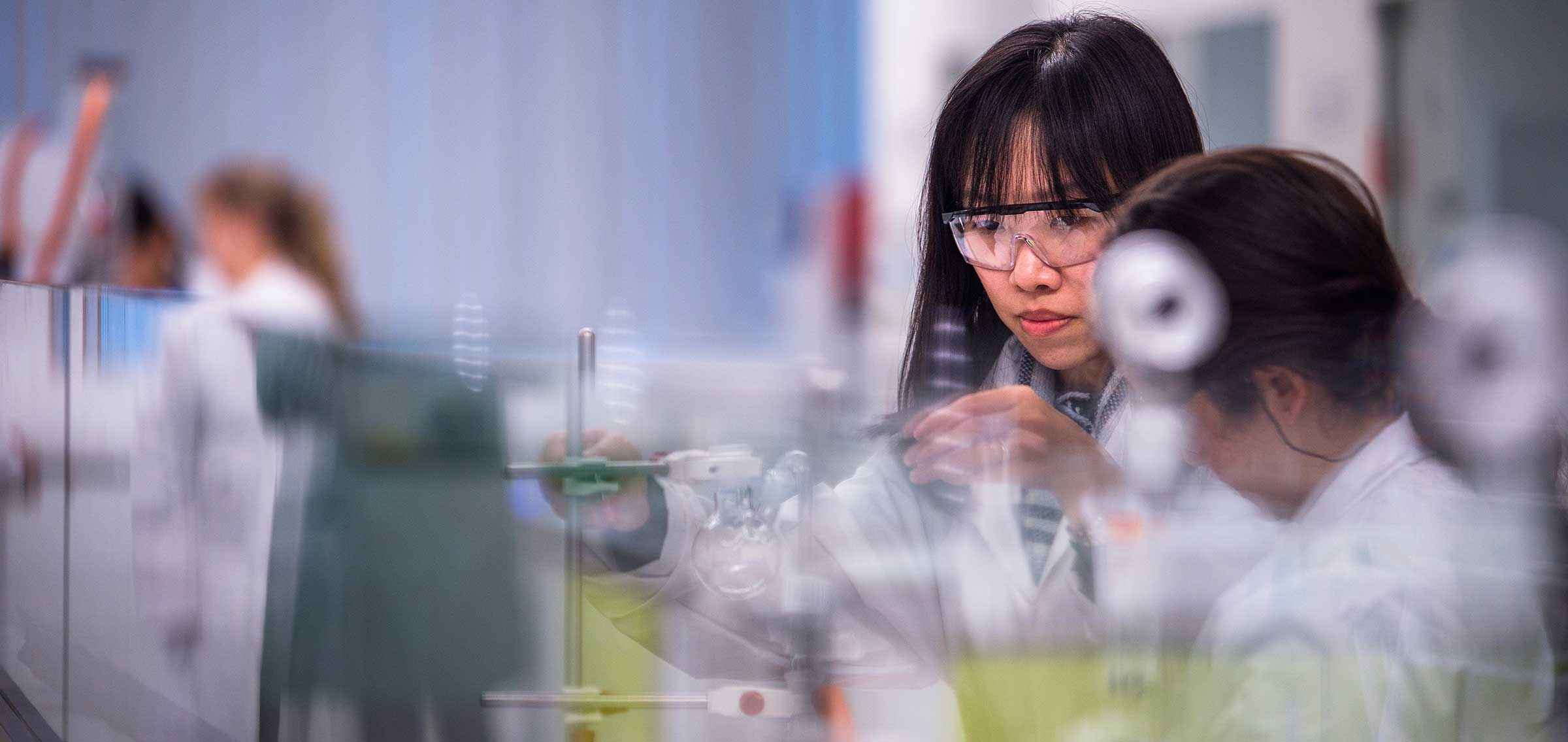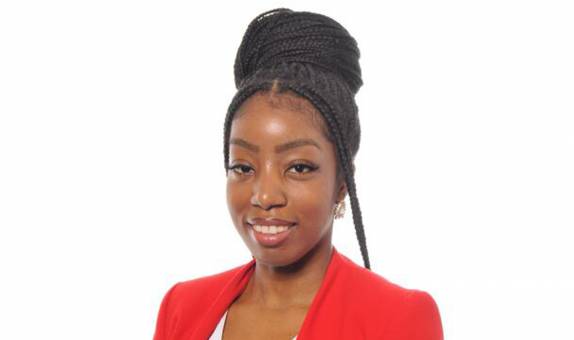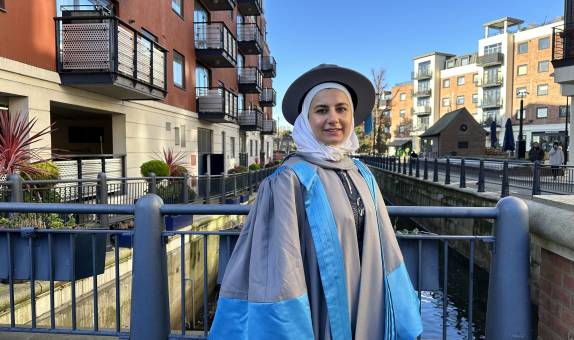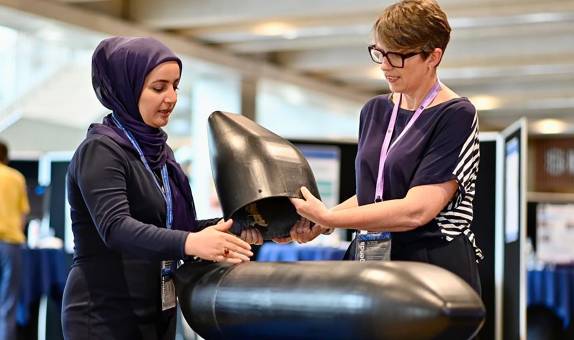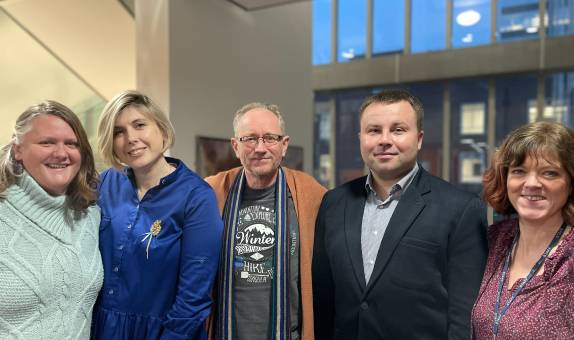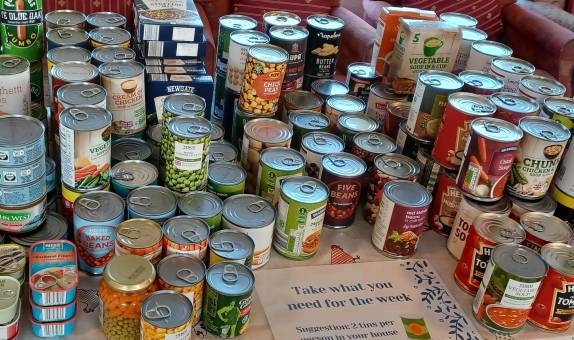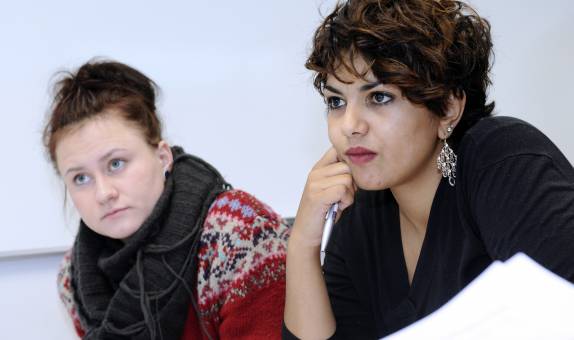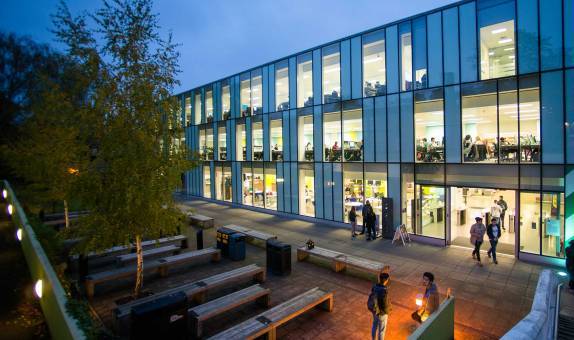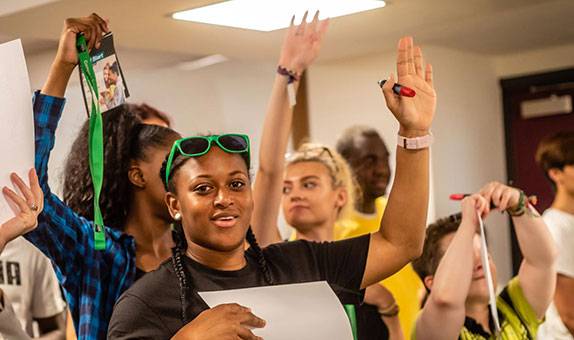Kingston University's Women in Science, Technology, Engineering and Mathematics
From celebrating the achievements of our talented students, staff and researchers to encouraging more women to take up careers in Science, Technology, Engineering and Mathematics (STEM), Kingston University is committed to supporting and championing our women in STEM.
Universities have a key role to play in helping create a pipeline of students to close the STEM skills gap and address the shortage of women working across the sector. This starts with inspiring the next generation of female scientists through outreach work to challenge stereotypes and demonstrate some of the many career paths open to young girls.
This page provides a platform for showcasing some of the inspirational stories of our STEM community, the women who have influenced them and the work they are doing that is making a difference across the world.
How do we get more women into STEM?
What needs to be done to encourage more women to take up careers in Science, Technology, Engineering and Mathematics – and why are so many girls being turned away from STEM disciplines at an early age?
A panel of leading advocates for gender equality in the sciences discussed the reasons behind the underrepresentation of women in these subjects during a public event organised by Kingston University.
Among the topics covered were the importance of role models, the cultural barriers to be overcome and the impact addressing the gender imbalance could have on closing the STEM skills gap.
Being a woman in engineering is such a powerful value addition. We think with our minds and hearts and uphold virtues in all we do. We have great instincts and empathy and that is what Engineering needs.
Constance Gnanasagaran, Department of Mechanical Engineering
Be creative, think out of the box and remember the best engineering solutions have seen many rounds of failure.
Dr Beenish Ayaz, Department of Mechanical Engineering
Students and staff share their engineering heroes for International Women in Engineering Day
On International Women in Engineering Day, students and academics shared the stories of some of the female engineers who have inspired them.
Lecturer in building surveying Zoe Almazan spoke about Emily Roebling, who completed the construction of the Brooklyn Bridge in 1883, while Dr Malcolm Claus outlined his admiration for Hazel Hill, who helped her father solve the problem of how to incorporate eight guns on to the wings of the Spitfire.
The achievements of Kalpana Chawla, the first woman of Indian descent to go into space, were celebrated by MSc Structural Design and Construction Management student Monica Chandran, who is currently working on placement as an industrial engineer.
In an industry heavily dominated by men – 5% of pilots internationally are women – I would love the opportunity to be a trailblazer. I want to change that statistic.
Michelle Godfrey, aviation operations with commercial pilot training student
My mother inspired me by telling me I could be whatever I wanted to be and supporting me through my university education. Have a passion for what you do. Find what interests, challenges, and inspires you.
Professor Lori Snyder, School of Life Sciences, Pharmacy and Chemistry
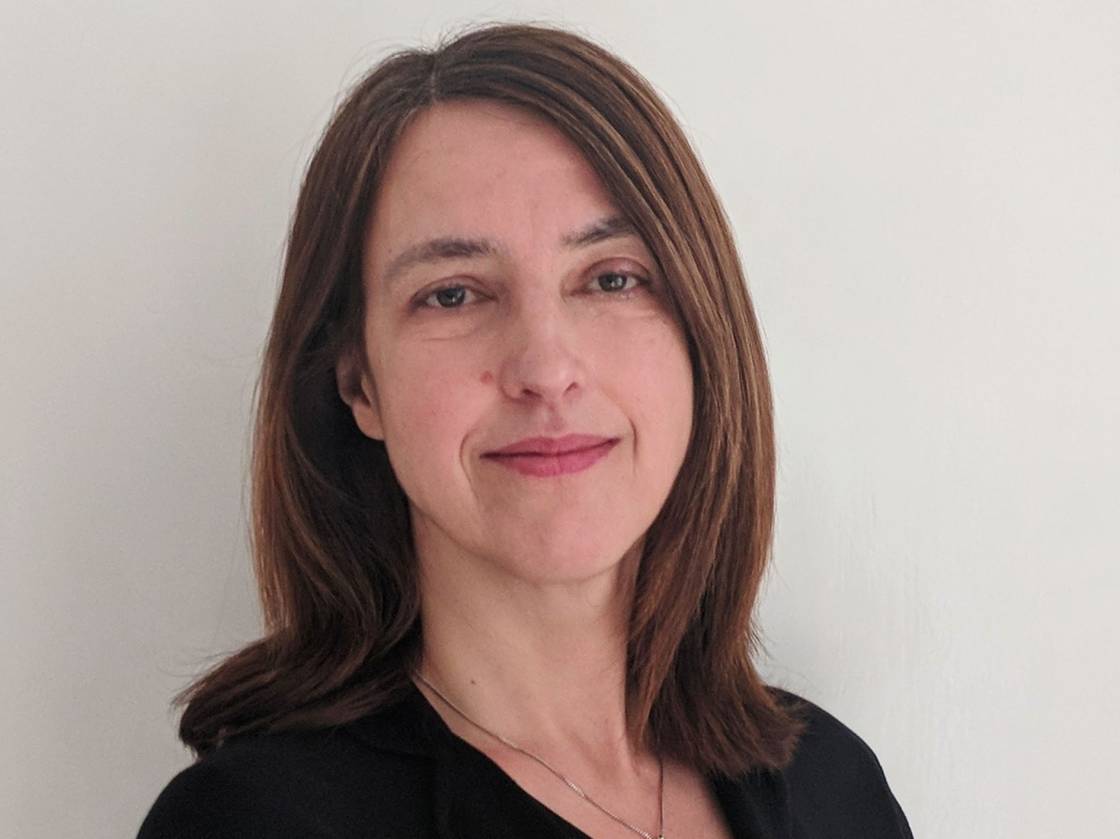
Meet Kingston University's Woman in STEM award winner
"It is important that women like me, researching and working in STEM subjects, are more visible so that it normalises women being science researchers. Initiatives such as this award, along with other work we are doing to remove barriers, such as running mentoring schemes within the institution and undertaking outreach work with local schools, all help to challenge stereotypes and hopefully help inspire other women to explore similar career paths."
Sarah Barman, Professor of Computer Vision in the University's School of Computer Science and Mathematics, was nominated by colleagues in recognition of the impact of her research, being an ambassador for research excellence and inspiring colleagues and academics around the world.
The annual accolade, awarded by the Faculty of Science, Engineering and Computing, recognises a woman academic or professional staff member whose outstanding work has made a real difference in their field.
Making a difference through research
"Having always studied in a theoretical mathematics environment, I found myself becoming increasingly interested in how mathematics can be used to solve real world problems.
"In recent years, I have been exploring the application of game theory in areas such as smart energy management, cyber security and managing the sourcing and storage of PPE during the Covid-19 pandemic.
"My advice to female researchers starting their careers would be to take up any mentoring opportunities that come your way! The Early Career Researcher mentoring programme at Kingston has been hugely beneficial to my career and helped transform my research experience."
Dr Luluwah Al-Fagih, senior lecturer in the School of Computer Science and Mathematics
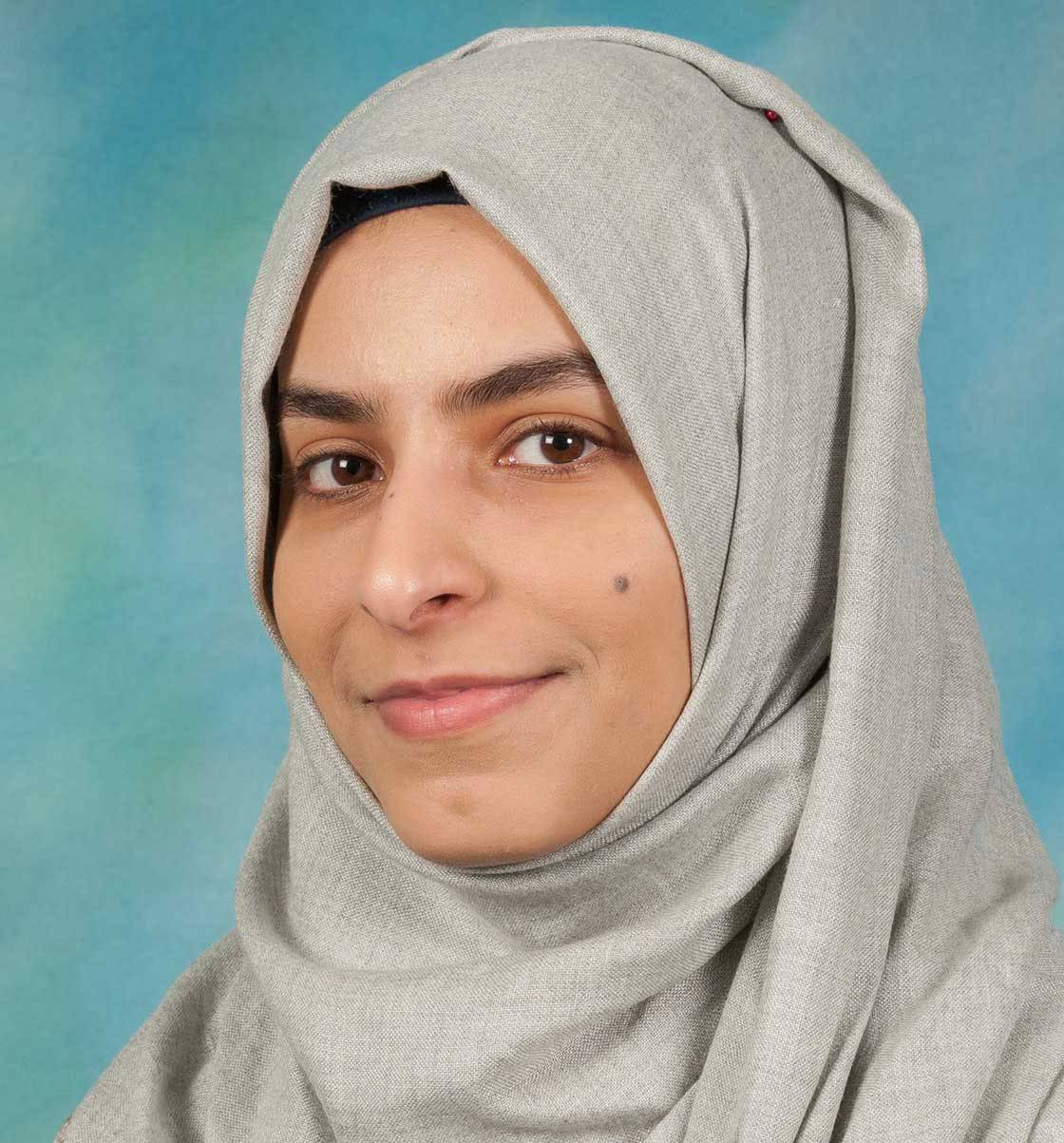
Combating Covid-19
Early in the Covid-19 pandemic, Kingston University Faculty of Science, Engineering and Computing PhD candidate Amtul Bhunnoo was among the skilled volunteers who gave up their time to support the ramping up of the country's nationwide Covid-19 testing capacity, at one of the country's Lighthouse Labs in Milton Keynes. Here she discusses the experience and why she decided to get involved.
Inspiring the next generation
Kingston University has been helping to inspire budding young female engineers, through its involvement in the annual Primary Engineer competition.
Each year, thousands of school pupils aged 3-to-18 enter the 'if you were an engineer, what would you do?' contest. This is run by Primary Engineer Programmes – a not-for-profit national organisation promoting engineering careers for school children. Entrants are challenged to interview engineers, identify problems and design solutions to them.
Selected designs by winners of the London and Jersey contests are brought to life by a team of Kingston University technicians and students. In 2019, winning designs by Maisie Crook and Savannagh Dunne were turned into prototypes which were featured as part of an exhibition at Gatwick Airport.
Championing gender equality
- Athena SWAN: Kingston University is proud to have renewed its Athena SWAN bronze award for a further four years, demonstrating its commitment to tackling gender inequality in higher education.
- WISE Campaign: The University is a member of the WISE Campaign, which works to enable and energise people in business, industry and education to increase the participation, contribution and success of women in STEM.
- Women's Engineering Society: Kingston University is also a member of the Women's Engineering Society, a charity and a professional network of women engineers, scientists and technologists offering inspiration, support and professional development.
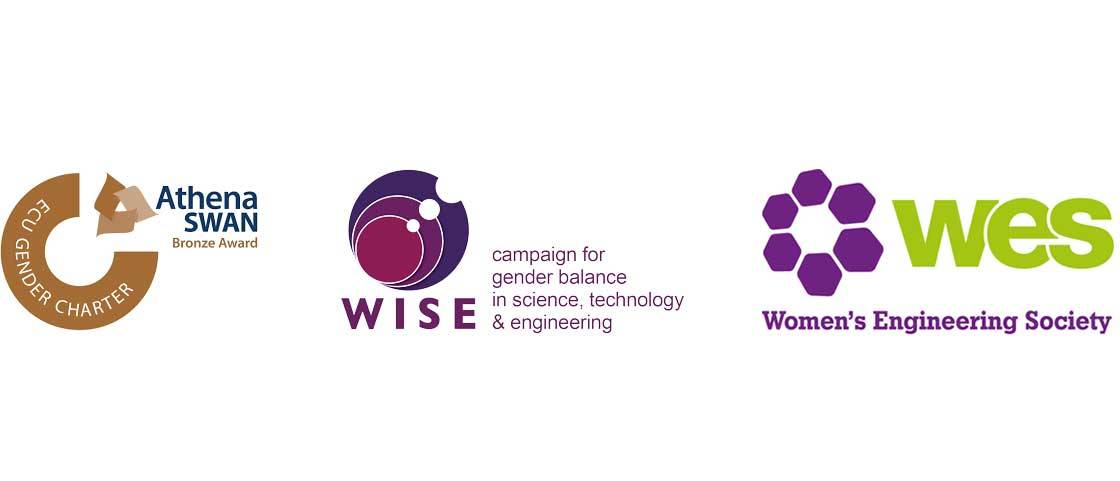
Contact us
Get in touch if you have any queries or would like to find out more about Women in STEM at Kingston University.
